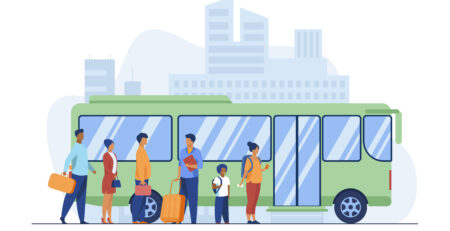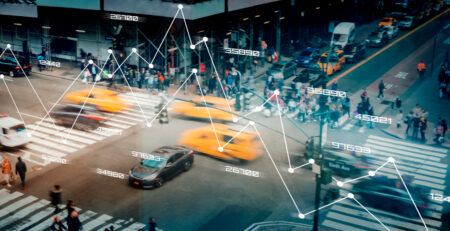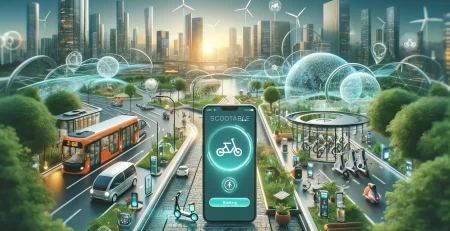Micromobility Trends in 2023 and Beyond
Micromobility has emerged as a game-changer in the field of urban transportation, revolutionizing the way people move around cities. As we look towards 2023 and beyond, it is clear that micromobility solutions will continue to shape the future of urban transportation. From electric scooters to bike-sharing programs, these innovative solutions offer a sustainable and efficient way to navigate congested city streets. In this article, we will explore some of the emerging micromobility trends that are set to make an impact in the years to come.
Emerging Micromobility Solutions
Electric Bike-Sharing Programs
Electric bike-sharing programs have gained significant popularity over the past few years, and they are expected to become even more prevalent in the future. These programs offer a convenient and eco-friendly alternative to traditional transportation options. With the integration of smart technology, users can easily locate and unlock electric bikes through mobile apps, making them an accessible and flexible mode of transportation. Electric bike-sharing programs not only reduce traffic congestion but also contribute to a greener and healthier environment.
Shared Electric Scooters
Shared electric scooters have already made a significant impact on urban transportation, and their popularity is only expected to grow in the coming years. These scooters provide a convenient and efficient way to cover short distances, particularly in congested city centers. With the advancements in battery technology, electric scooters can now offer longer ranges and faster speeds. The integration of GPS technology allows users to easily locate and unlock scooters through mobile apps, making them a popular choice for last-mile transportation.
Autonomous Micro Vehicles
As technology continues to advance, the emergence of autonomous micro vehicles is on the horizon. These self-driving vehicles, such as autonomous shuttles and pods, have the potential to transform the way people commute within cities. By leveraging artificial intelligence and sensors, autonomous micro vehicles can navigate through traffic, pick up passengers, and drop them off at their desired destinations. These vehicles have the potential to reduce congestion, improve safety, and enhance the overall efficiency of urban transportation systems.
Shaping the Future of Urban Transportation
Micromobility solutions are set to play a significant role in shaping the future of urban transportation. With their ability to reduce congestion, minimize pollution, and provide efficient transportation options, they offer a sustainable and scalable solution to the challenges faced by rapidly growing cities.
By integrating micromobility solutions with existing public transit systems, cities can create a seamless and interconnected transportation network. This integration allows for easy transitions between different modes of transportation, making it more convenient and accessible for commuters.
Furthermore, the advancements in connectivity and data analytics enable micromobility platforms to offer personalized and optimized transportation experiences. By leveraging real-time data, these platforms can provide users with route recommendations, traffic updates, and even safety alerts. This level of customization and convenience will undoubtedly enhance the overall user experience and encourage more people to embrace micromobility solutions.
As we move towards 2023 and beyond, it is clear that micromobility solutions will continue to evolve and shape the future of urban transportation. From electric bike-sharing programs to shared electric scooters and autonomous micro vehicles, these innovative solutions offer a sustainable and efficient way to navigate our cities. With their ability to reduce congestion, minimize pollution, and provide personalized transportation experiences, micromobility solutions are set to revolutionize the way we travel. As cities around the world embrace these trends, we can look forward to a more connected, sustainable, and efficient urban transportation ecosystem.










